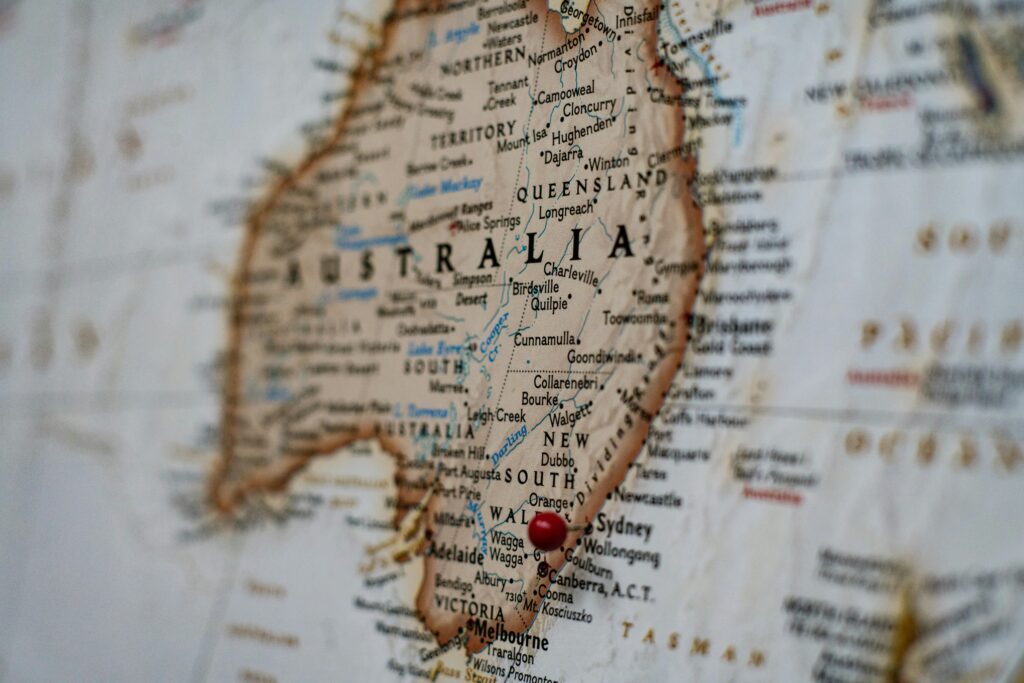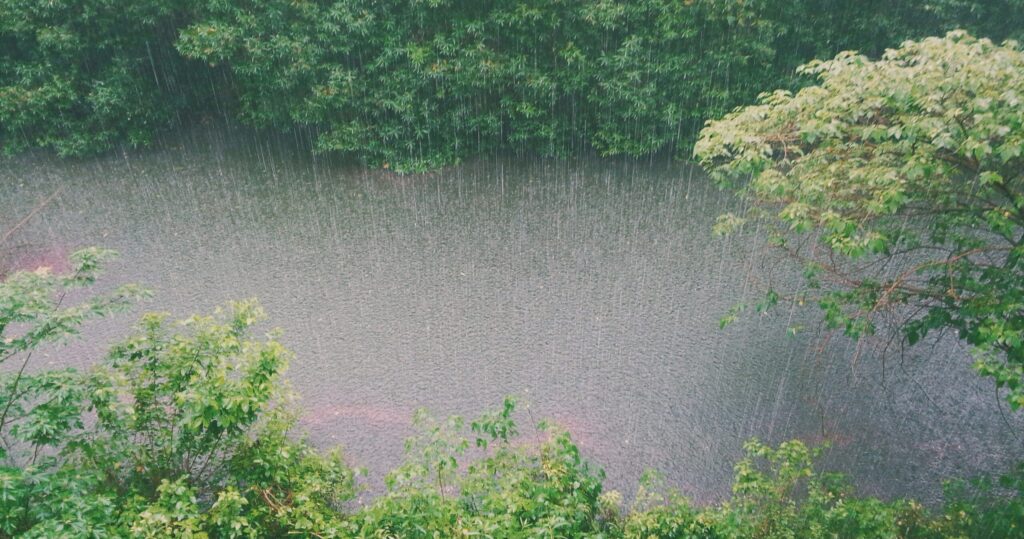You’ll never guess what dirty trick we deniers have now come up with. But luckily you don’t have to because the BBC has exposed us. The government news organ reveals “COP26: The truth behind the new climate change denial”. Oh oh tell us please. What are we up to? OK. “Scientists say climate change denial is now more likely to focus on the causes and effects of warming, or how to tackle it, than to outright deny it exists.” Scientists say, do they? And who are these precious scientists who believe we deniers used to deny that climate changes? What dunce is not aware that a vital part of climate skepticism is precisely the insistence that as climate has been highly variable in the past, including the distant past, it is very hard to maintain that it only just started changing?
Oddly, the authors of the BBC story half-know it. The story announces that “We’ve looked at some of the most viral claims of the past year, and what the evidence really says.” Starting with “People have long claimed, incorrectly, that the past century’s temperature changes are just part of the Earth’s natural cycle, rather than the result of human behaviour.”
Hold on. They’ve long claimed it? We thought this was an exposé of our latest knavish tricks. And indeed, the BBC goes on to reveal that lately we’ve been trying to trick people with claims that a “‘Grand Solar Minimum’ will lead to a natural fall in temperatures, without human intervention. But this is not what the evidence shows.”
Ah, the evidence. Pardon us for being sticklers, but how can there be “evidence” for something that is only projected to happen in the future? Well, “Studies suggest the Sun may well go through a weaker phase sometime this century, but that this would lead, at most, to a temporary 0.1 – 0.2C cooling of the planet. That’s not nearly enough to offset human activity, which has already warmed the planet by about 1.2C over the past 200 years and will continue to rise, possibly topping 2.4C by the end of the century.”
Wait a minute. You said “evidence” and now we’re getting “Studies suggest” something that might happen in the future? Gee. Sounds more like “speculation” to us. Unlike the bit where the entire warming since 1820 has been man-made, which is just plain rubbish. Followed, for those of you who flunked high school science, by “We know recent temperature rises weren’t caused by the changes in the Sun’s natural cycle because the layer of atmosphere nearest the earth is warming, while the layer of atmosphere closest to the Sun – the stratosphere – is cooling.”
What, pray, has that factoid to do with anything? Well, see, “If temperature changes on Earth were being caused by the Sun, we would expect the whole atmosphere to warm (or cool) at the same time.” Who’s we? What about the business with solar wind, cosmic rays and cloud formation? Or even where visible light passes through the atmosphere and hits the ground, but some is then radiated back as infrared and gets absorbed by CO2, so events are concentrated in particular parts of the atmosphere?
A sense of vertigo here sent us to Google to find the authors’ educational background. But one just says “The University of Manchester” for four years then straight into journalism and the other we couldn’t find but there’s a megaphone involved and she apparently has a BA from the University of Bristol in loudness or something.
Still, on they go where angels fear to tread. “Various posts circulating online claim global warming will make parts of the earth more habitable, and that cold kills more people than heat does. These arguments often cherry-pick favourable facts while ignoring any that contradict them. For example, it’s true that some inhospitably cold parts of the world could become easier to live in for a time. But in these same places warming could also lead to extreme rainfall, affecting living conditions and the ability to grow crops. At the same time, other parts of the world would become uninhabitable as a result of temperature increases and rising sea levels, like the world’s lowest-lying country, the Maldives.”
Talk about cherry-picking. The Maldives, like many other low-lying tropical islands, are not sinking. And cold weather does kill more than heat. You see our idea of “facts” is things actually happening whereas theirs is stuff like “However, a rise in heat-related deaths is expected to cancel out any lives saved.” Amazingly, one of these authors bills herself on Twitter as “Senior reporter and global fact-checking lead for BBC News, covering health and disinformation.” But her ability to recognize a fact in order to check it is not evident from this prose.
We won’t waste your time the way the BBC wants to. But one more part of this stellar example of 21st-century investigative journalism merits attention. They do concede that there is some truth to the claim that poor nations need fossil fuels for growth. “Fossil fuels have powered vehicles, factories and technology, allowing humans over the past century to make things at a scale and speed which would previously have been impossible. This enabled people to make, sell and buy more things, and become richer. But stopping using coal doesn’t mean returning to the days of ox-drawn carts and hand-cranked machines - we now have other technologies that can do a similar job.”
Now. We now have them. These are facts. For instance “In many places, renewable electricity - powered by wind or solar energy for example – is now cheaper than electricity powered by coal, oil or gas.” No such places are named, nor is the counterevidence addressed, so it’s hard to fact-check. But never mind, because they’re just cranking up to make an enormous economic or primarily statistical error: “On the other hand, studies predict that if we don’t act on climate change by 2050, the global economy could shrink by 18% because of the damage caused by natural disasters and extreme temperatures to buildings, lives, businesses and food supplies.”
Never mind “could”. Instead, do the math. As we have pointed out before, losing 18% of the projected economy by 2050, which is a much larger claim than any actual studies we’ve seen and they do not cite any so we can check these fact-like vaporings, usually turns out not even to mean we’ll have 1/5 less stuff than we do now. It means we’ll have 1/5 less stuff than we otherwise would have done. Which isn’t a big deal because if the economy grows, say, 2% a year for the next 29 years it will end up 78% larger by 2050. Lop 18% off that full 78% growth, not just off the rate of growth, and you still get a 46% increase.
So the appropriate comparison would be what world GDP will be in 2050 if we get rid of fossil fuels by then, given the catastrophic impact that would have on growth rates, versus a world in which thanks to natural disasters and extreme temperatures we’re merely one and a half times as rich three decades out. And the expert economists who do that sort of calculation, including the Nobel prize types, have said that we’d be better off doing nothing at all than trying to hit a 1.5 °C target.
The BBC has gone full Dan Brown here. They ran another piece by “Marianna Spring, Specialist disinformation reporter”, who went from a B.A. in French and Russian straight to the notoriously unbiased Guardian before landing with the UK state agency, on how “Covid denial to climate denial: How conspiracists are shifting focus”. We kind of thought it was the other way. But no. “As the pandemic progresses, vaccines take effect and many countries – particularly rich ones – inch closer to normality, this pivot from Covid towards climate change is something researchers have observed across a number of online spaces.” Researchers have observed. Experts say.
As Eric Worrall noted irritably, this piece of would-be journalism mentions that one of her pathetic lost souls “mentions ‘The Great Reset’ – an unfounded conspiracy theory that a global elite is using the pandemic to establish a shadowy New World Order…” Alas, Worrall adds, “The Great Reset is a public programme promoted by the World Economic Forum, the group which holds a $50,000 / ticket event every year in Davos, Switzerland. A simple google search turns up the WEF page near the top of the list of searches. The page cites Covid and climate change as justifications for their programme. In my opinion there is room to debate the true nature of the Great Reset programme, but calling it ‘unfounded’, as in non-existent, is at best plain ignorant, and well below the BBC journalistic standards we once thought we had a right to expect.”
Alas, the BBC seems to have shifted focus. So there you have it. And you can keep it.



As a Brit (English Brit) All I can say is that more and more people are turning away from the BBC Media and that there is an ongoing push to remove the TV Licence that the BBC funds itself with, While this is a shame as they used to produce great programmes, The BBC now spout's drivel, lies and misinformation consistently, any news they do cover is manipulated & if it does not fit their agenda they wont even cover it.
One data point that I don’t see mentioned is the 5.1 x 10 to 8 power. sq km of earths total surface. Divide by a million climate scientists in world( hopefully very exaggerated number) you get 500 square km for each one to collect data from. Then go up and down from surface to get accurate reading. Also projected 1.5 degree hotter (doubtful) would give a few days of a few degrees warmer and the other 360 days better for humans over vast areas of world